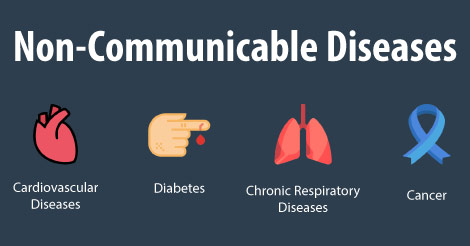March 21, 2024
Cutting-edge research has unveiled a significant breakthrough in medical diagnostics: artificial intelligence (AI) can identify COVID-19 in lung ultrasound images with remarkable accuracy, akin to facial recognition software spotting faces in a crowd. The findings, published in Communications Medicine, mark a milestone in AI-driven medical diagnostics, bringing healthcare professionals closer to rapidly diagnosing patients with COVID-19 and other pulmonary diseases using algorithms that analyze ultrasound images for signs of illness.
Led by senior author Muyinatu Bell, an associate professor at Johns Hopkins University, the study aims to address the urgent need for rapid and accurate diagnostic tools, especially in overwhelmed emergency rooms during the earlier stages of the pandemic. “We developed this automated detection tool to help doctors in emergency settings with high caseloads of patients who need to be diagnosed quickly and accurately,” Bell explained.
The AI tool examines ultrasound lung images to identify features called B-lines, which indicate inflammation in patients with pulmonary complications, including COVID-19. By combining computer-generated images with real ultrasounds, the AI system can effectively discern abnormalities indicative of the disease.
Co-author Tiffany Fong, an assistant professor of emergency medicine at Johns Hopkins Medicine, highlighted the potential of AI-driven diagnostics in revolutionizing point-of-care healthcare. “An ideal use case would be wearable ultrasound patches that monitor fluid buildup and alert patients when they need medical attention,” Fong stated.
Early in the pandemic, scientists faced challenges in utilizing AI for COVID-19 assessment due to limited patient data and evolving understanding of the disease’s manifestations. Bell’s team overcame these obstacles by developing software capable of learning from a combination of real and simulated data. Lingyi Zhao, the study’s first author, emphasized the significance of their approach in achieving high accuracy in detecting COVID-19 features in ultrasound scans.
“With computer-generated datasets, we can achieve a high degree of accuracy in evaluating and detecting these COVID-19 features,” Zhao explained.
The findings not only advance COVID-19 diagnostics but also pave the way for AI-driven solutions in monitoring and managing other pulmonary diseases, such as congestive heart failure. By leveraging AI technology, healthcare professionals can enhance patient care, improve early detection, and ultimately save lives.
As the world continues to navigate the challenges posed by the COVID-19 pandemic, innovations in AI-driven medical diagnostics offer hope for more effective and efficient healthcare delivery. The integration of AI into clinical practice holds promise for revolutionizing disease detection, management, and treatment, ushering in a new era of precision medicine.










